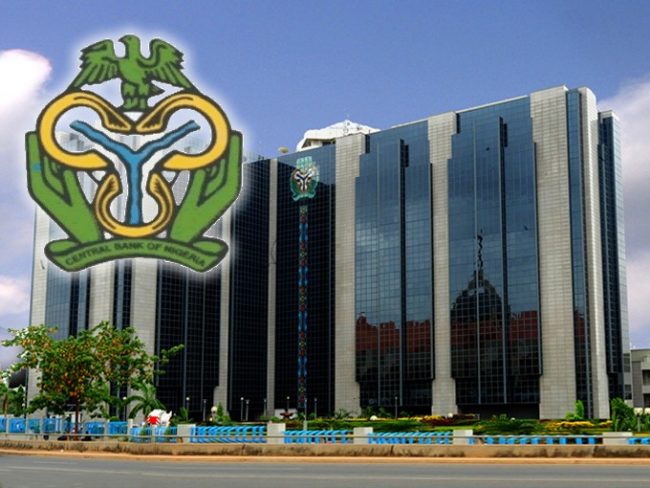Nigeria’s external reserves fell by $2.85bn in the first half of 2023 due to external debt finance among other challenges, figures obtained from the Central Bank of Nigeria (CBN) have revealed.
The CBN revealed in its figures on movement on foreign reserves that the reserves which commenced January 3, 2023 at $37.07bn fell to $34.22bn as of the end of June 26, 2023. According to the CBN, the reserves fell by $3.43bn in 2022, from $40.52bn as of the end of December 31, 2021, to $37.09bn as of December 29, 2022.
At previous Monetary Policy Committee meetings, the former Governor, CBN, Godwin Emefiele, said, “The Committee, however, noted the marginal decline in the level of gross external reserves to $36.13bn in February 2023, from $36.4bn in January 2023, a decrease of 0.7 per cent, reflecting the downtrend in crude oil prices, as global uncertainties persist.”
“The Committee, also, noted the moderate decline in the level of gross external reserves to $34.91bn in April 2023, from $35.14bn at end-March 2023, attributable to transactions in the foreign exchange market and largely to minuscule accretion to reserves from crude oil exports,” He said.
A member of the MPC, Adeola Adenikinju, said current and capital accounts were higher in Q3, 2022 than in Q2, 2022. similar news
Termination of subsidies:
“Total foreign exchange reserves fell 0.7% from $36.4 billion at the end of January 2022 to $36.13 billion at the end of February 2022, due to an increase in debt service and forex swap transactions,” he said. is,” he said.
“The FGN’s net financial management has resulted in a wider budget deficit in February 2023 (Monday). increased by 539.01 billion Naira.
“Both government spending and government revenue fell. FGN’s debt increased due to new borrowings to finance the 2022 budget deficit and new borrowings from local governments. “
Another MPC commissioner, Mike Obadan, said the imbalance between demand and supply remained unresolved and currency market pressures remained severe.
“Foreign exchange reserves remain weak given the country’s limited ability to generate foreign currency from both non-oil and oil exports,” he said.
Proper management of oil theft and other challenges, coupled with the start of local oil refining by the Dangote refinery and petrochemical companies, combined with the removal of the notorious gasoline subsidy scheme, should achieve stability in the foreign exchange market and exchange rate. is. rate, he said.













